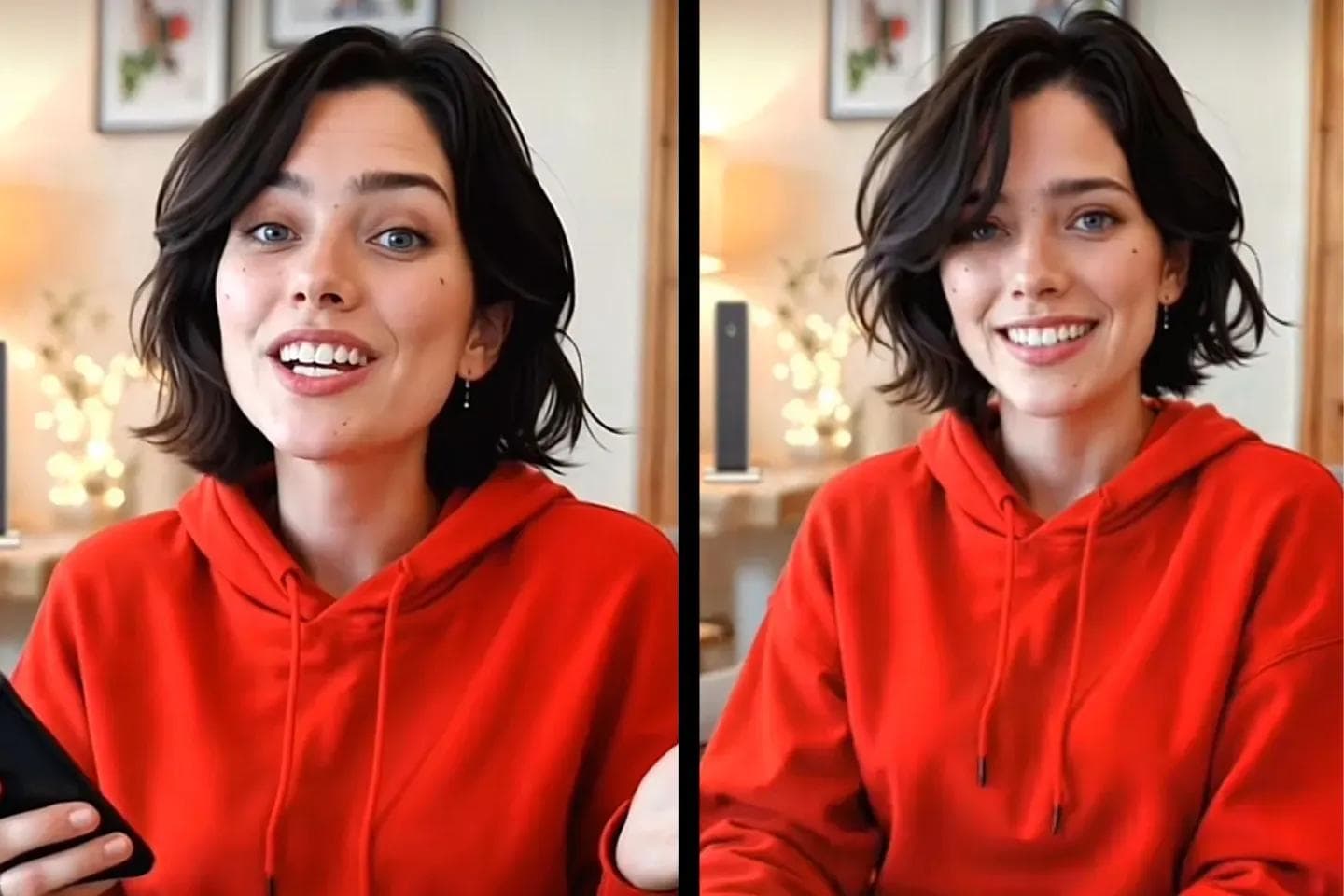
🌍Multi-CountryGeneral
/ News
Vodafone’s AI influencer ad highlights a growing shift in AI-driven marketing
Share:
Vodafone’s latest ad campaign has sparked a conversation across the industry. Sharp-eyed viewers caught on quickly to the slightly too-perfect hair, the disappearing moles, and that not-quite-human smile of the 'person' featured in the ad. It had “uncanny valley” written all over it, some say. Eventually, Vodafone confirmed that the 'person' was generated by AI, part of what the company called “testing different styles of advertising.” Their reason is that AI is already baked into everyday life, so why not ads? And, of course, people flocked to the comments asking why the company couldn’t “just put a real person in front of the camera.” Yet, whether you loved it or hated it, you noticed it, and that’s exactly what advertising is supposed to do. Vodafone is betting $1.5 billion on an AI deal British telecom giant Vodafone is betting $1.5 billion to bring generative AI, digital, enterprise and cloud services to more than 300 million businesses and consumers across its European and African markets. In a 10-year deal with software giant Microsoft, the company plans to replace its physical data centres with Techloy Techloy AI ads are taking over faster than you think Vodafone isn’t alone in experimenting here. Generative AI in marketing has evolved from a fringe tool to a mainstream one in record time. In 2023, only about a third of marketers were dabbling in it. By 2024, that number jumped to more than 70 percent. Some estimates suggest that by 2025, AI will be behind 80 percent of the online ads you see. And this isn’t just hype. The global AI advertising market is already worth $25 billion and is projected to balloon to somewhere between $80 and $100 billion by 2030 ( via Statista ). In the U.S., AI-powered search ads are expected to climb from just over $1 billion in 2025 to a staggering $26 billion by 2029, according to Emarketer . The money and momentum are both pointing in one direction. Why brands are betting on bots Photo by Windows / Unsplash So why are companies like Vodafone so eager to swap real people for synthetic ones? The short answer is efficiency. AI ads are cheaper to produce, faster to turn around, and surprisingly effective. Studies suggest AI-powered campaigns can cut acquisition costs in half and increase revenue by 40 percent or more. Personalized ads created with AI often get five to eight times the return on investment of traditional campaigns. Even influencer marketing, once thought to rely entirely on human charisma, is shifting. More than 60 percent of brands now use AI tools to plan influencer campaigns, and virtual influencers like Lil’ Miquela have landed partnerships with Prada, Calvin Klein, and BMW. By 2025, AI-generated influencers could eat up a third of global influencer budgets. Gen Z doesn’t mind… but doesn’t fully trust either The twist here is that younger audiences don’t find this as creepy as you might think. Gen Z is nearly 50 percent more likely than older groups to say they’re interested in AI influencers. But trust is another story. Roughly a third say they’re more curious about brands that use AI faces, while just as many admit they trust them less than human ones. Vodafone’s ad tapped right into that divide. Some viewers were intrigued; others rolled their eyes. It’s a reminder that while AI might be cool, authenticity still matters, especially when you’re trying to connect with people, not just sell to them. Advertising Channels For Business In 2025: Where The Customers Are, The Money Is There 2025 is the time for smart advertising, where the quality of interactions is more important than the number of impressions. Techloy Partner Content Whether you think it’s clever or creepy, Vodafone’s ad is just a preview of what’s coming. Analysts predict that by 2026, almost 90 percent of advertisers will use AI to produce video campaigns. By 2029, digital formats, most of them AI-driven, will make up 80 percent of global ad revenue. The real question isn’t whether AI has a place in advertising. It’s how far brands can push it before audiences start pushing back. For now, Vodafone has proved one thing: in an age where everyone’s fighting for attention, even a fake influencer can make a real impact.
📰 Read the Complete Article
Continue reading the full story on Techloy
Share: